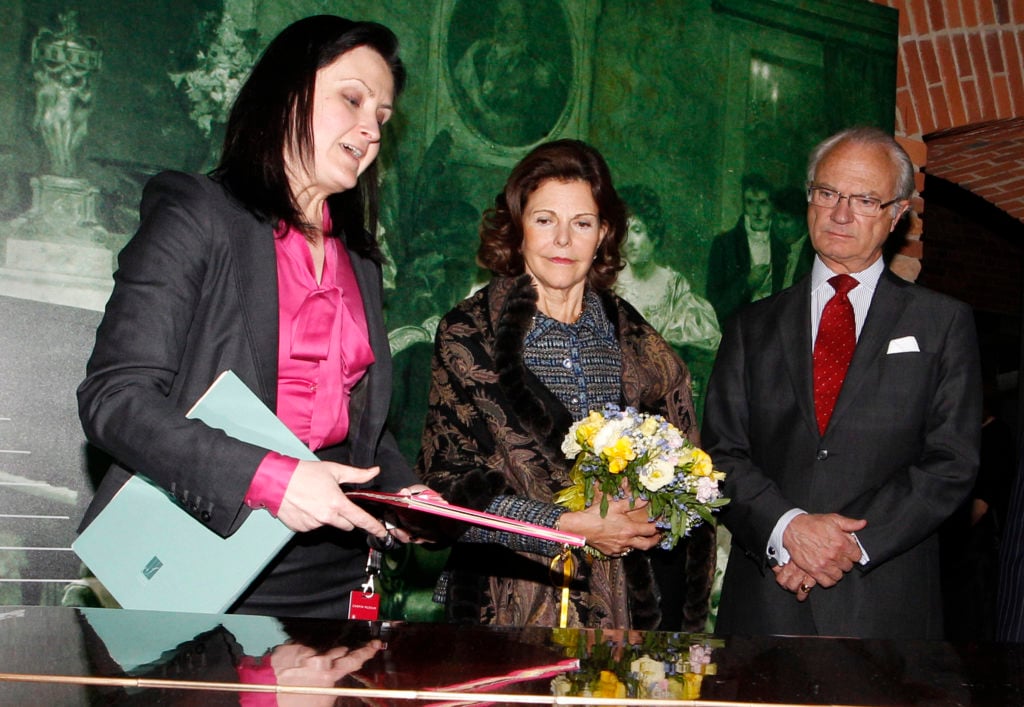Politics
Yet Another High-Profile Museum Director in Poland Has Been Fired From Her Post by the Local Right-Wing Government
Alicja Knast has been removed from her post as director of the Silesian Museum.

Alicja Knast has been removed from her post as director of the Silesian Museum.

Hili Perlson

As the battle in Poland over who gets to direct the country’s museums heats up, the government in Katowice has removed a director from her post.
Alicja Knast, the director of the Silesian Museum since 2014, was dismissed on January 29 by the Silesian Province Board, the local governmental body that co-runs the public museum.
The dismissal stems from an audit of the institution’s finances in which irregularities—including “insufficient supervision” of the disposal of dismantled exhibition remnants and a failure to publish event-space rental rates—were allegedly detected. The audit was carried out by the Marshal’s Office of the Silesian Region.
But according to reports in the Polish press, the minister of culture, Piotr Gliński, stated in a letter to the regional Silesian government that he did not consider the irregularities to be sufficient grounds for dismissal. Yet Gliński still left the final decision over what action should be taken to the local government. Marcin Gwoździewicz, the province board’s culture director, has been named acting head of the museum.
Knast did not immediately respond to Artnet News’s requests for comment, but has told the Polish press that she plans to fight her dismissal in court.
When the government first announced its intention to fire Knast in late 2019, she held a press conference in which she alleged that her proposed removal was the direct result of her refusal to allow the ruling far-right Law and Justice party to hold a convention at the museum.
Prime Minister Mateusz Morawiecki, who was then campaigning for re-election, would have taken part in the convention.
Knast said she felt that direct political activity had no place in the museum, but she eventually conceded and green-lit the event when she received what she called an “ultimatum”: the museum’s future depended on her approval of the convention.
In December 2019, just weeks before her dismissal by politicians of the very same ruling party, Knast received a “Gloria Artis” medal from the deputy minister of culture, Jarosław Sellin, for her contribution to culture in Poland.
Knast was appointed to helm the museum in 2014 when it was about to lose crucial funding from the European Union while delays plagued the construction of a new subterranean addition. She led the institution to its successful reopening in June 2015, and the museum has since received architectural awards, with some crediting the institution with reviving cultural life in the Katowice.
A seasoned curator and museum director, Knast was involved in the establishment of two major museums prior to her appointment to the Silesian Museum: the Chopin Museum in Warsaw, which opened in 2010; and the Polin Museum of the History of Polish Jews, which opened in 2013.
The Polin Museum is currently also in the throes of political interference with its leadership, as the country’s culture minister has neglected to formally appoint its chosen director, Dariusz Stola, since last February.